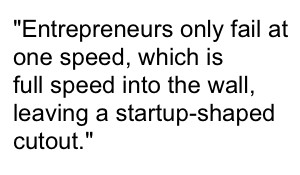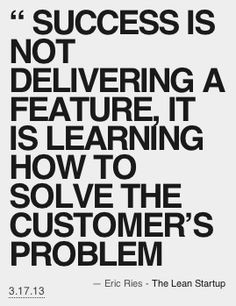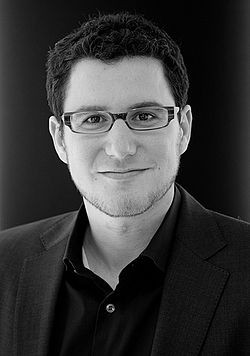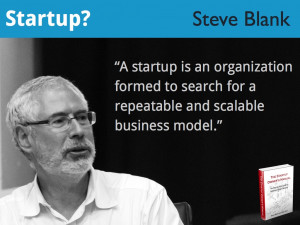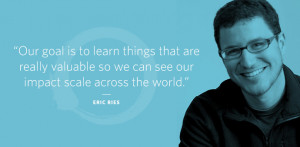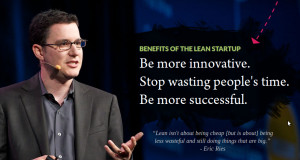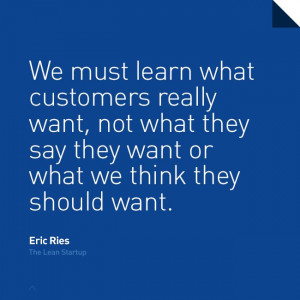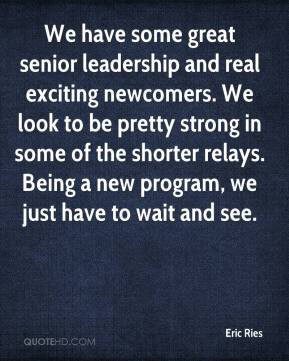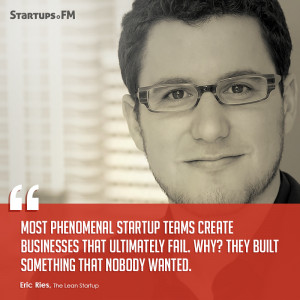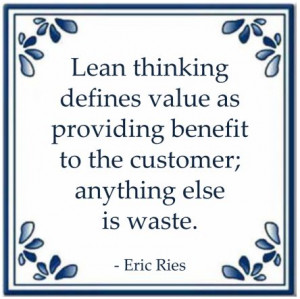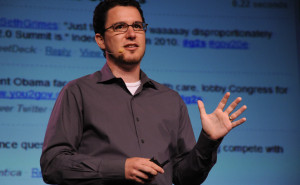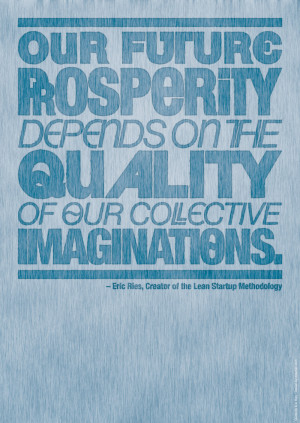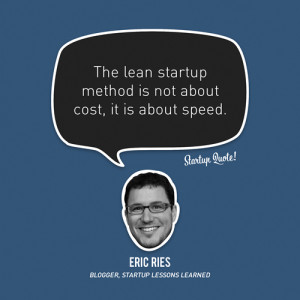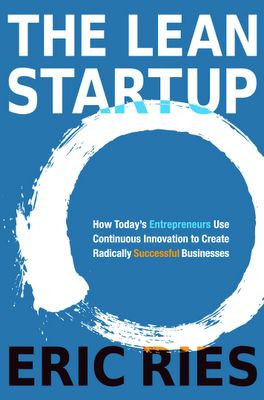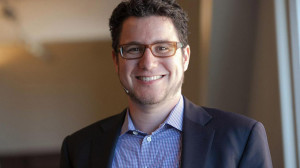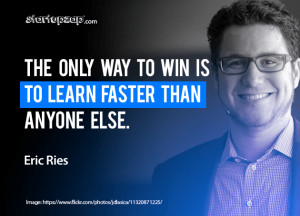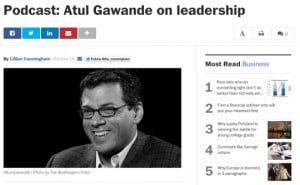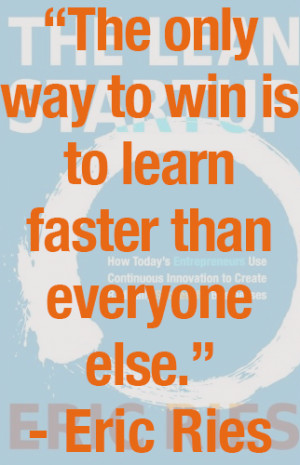Eric Ries — American Businessman born on September 22, 1979,
Eric Ries is a Silicon Valley entrepreneur and author recognized for pioneering the lean startup movement, a new-business strategy which directs startup companies to allocate their resources as efficiently as possible. He is a blogger within the technology entrepreneur community... (wikipedia)
Customers don't know what they want. There's plenty of good psychology research that shows that people are not able to accurately predict how they would behave in the future. So asking them, 'Would you buy my product if it had these three features?' or 'How would you react if we changed our product this way?' is a waste of time. They don't know.
There is no greater country on Earth for entrepreneurship than America. In every category, from the high-tech world of Silicon Valley, where I live, to University R&D labs, to countless Main Street small business owners, Americans are taking risks, embracing new ideas and - most importantly - creating jobs.
If your goal is to make money, becoming an entrepreneur is a sucker's bet. Sure, some entrepreneurs make a lot of money, but if you calculate the amount of stress-inducing work and time it takes and multiply that by the low likelihood of success and eventual payoff, it is not a great way to get rich.





